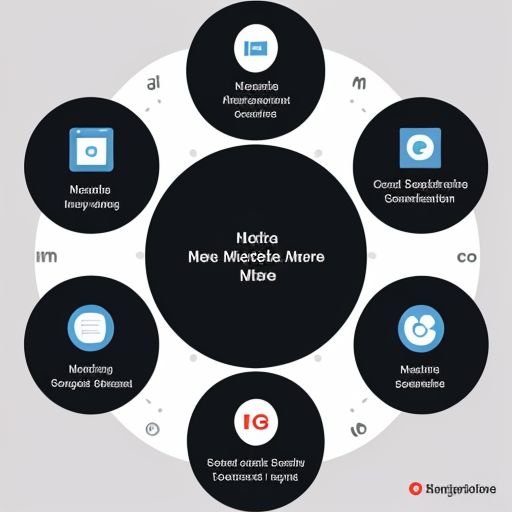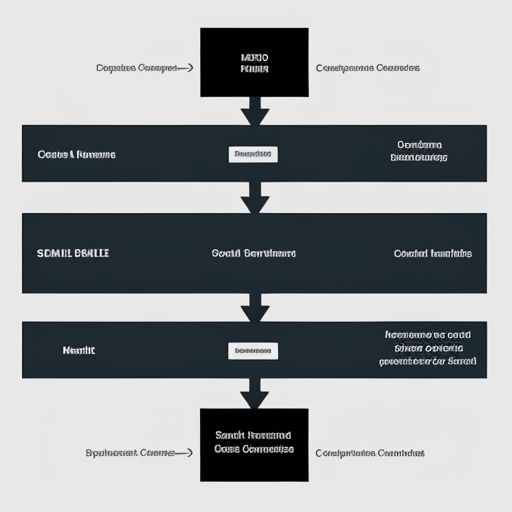Imagine this: you’re sitting at your computer, sipping coffee, and browsing potential real estate investments across the country – all with a few clicks. No need to call countless brokers, navigate complex paperwork, or even leave your house. This is the reality that exchange.tailieupentech.com/real-estate-investment-platform/">Real Estate Investment Platforms are bringing to life.
But with the plethora of options available, navigating this digital landscape can seem overwhelming. That’s where this guide comes in. We’ll break down everything you need to know about real estate investment platforms, from the basics to the nitty-gritty, empowering you to make informed investment decisions.
What are Real Estate Investment Platforms?
In essence, a real estate investment platform is an online marketplace that connects investors with real estate investment opportunities. These platforms are revolutionizing the traditionally exclusive world of real estate, making it more accessible, transparent, and efficient for everyone.
Why are Real Estate Investment Platforms Important?
Real estate investment platforms are transforming the way we invest in property, and for good reason. Here’s why they matter:
1. Lower Barrier to Entry: Traditional real estate investing often requires significant capital and industry connections. Platforms break down these barriers, offering opportunities for investors with varying budgets and experience levels.
2. Geographic Diversification: Platforms offer a wider reach than traditional methods, allowing you to explore properties across cities, states, or even internationally, diversifying your portfolio and mitigating risk.
3. Transparency and Access to Information: Forget sifting through endless paperwork! Platforms provide comprehensive data on properties, including financials, market trends, and due diligence materials, all in one centralized location.
4. Streamlined Processes: From conducting due diligence to managing distributions, platforms streamline the entire investment process, saving you time and effort.
FAQs about Real Estate Investment Platforms:
Now, let’s address some common questions potential investors have:
1. What types of Real Estate Investment Platforms are there?
Platforms cater to different investment strategies. Some popular types include:
- Crowdfunding platforms: Pool money with other investors to purchase shares of large-scale projects.
- eREITs platforms: Invest in publicly traded Real Estate Investment Trusts (REITs) through online platforms.
- Direct investment platforms: Acquire partial or full ownership of individual properties.
2. What are the risks associated with Real Estate Investment Platforms?
While platforms offer significant advantages, it’s crucial to be aware of potential risks:
- Market volatility: Real estate values can fluctuate, impacting your investment returns.
- Platform risk: It’s essential to thoroughly research and choose reputable platforms with strong track records.
- Liquidity limitations: Real estate is generally considered a less liquid asset class compared to stocks or bonds.
Related Keywords and Their Significance:
Understanding these related keywords can enhance your knowledge of real estate investment platforms:
1. Crowdfunding: A method of raising capital from multiple investors through online platforms, commonly used for real estate projects.
2. REIT (Real Estate Investment Trust): A company that owns, operates, or finances income-generating real estate. REITs allow individuals to invest in portfolios of large-scale properties.
3. Due Diligence: The process of conducting thorough research and analysis of a potential investment to assess its risks and potential returns.
4. Portfolio Diversification: A risk management strategy that involves investing in a variety of assets to reduce the impact of any single investment on your overall portfolio.
Conclusion
Real estate investment platforms are revolutionizing the way we invest in property, offering unprecedented access, transparency, and efficiency. By understanding the different types of platforms, conducting thorough due diligence, and carefully considering your investment goals, you can leverage these platforms to build a diversified and potentially profitable real estate portfolio.
Have questions or insights to share? Leave a comment below! We’d love to hear from you.







